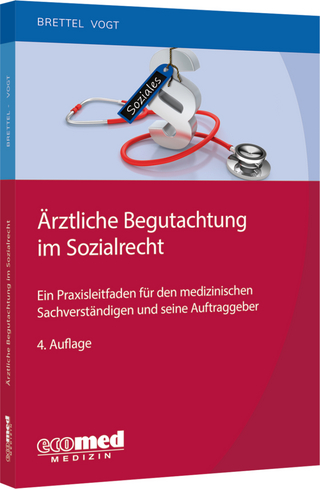
Toxic Drift
Pesticides and Health in the Post-World War II South
Seiten
2005
Louisiana State University Press (Verlag)
978-0-8071-3098-8 (ISBN)
Louisiana State University Press (Verlag)
978-0-8071-3098-8 (ISBN)
- Keine Verlagsinformationen verfügbar
- Artikel merken
Following World War II, chemical companies and agricultural experts promoted the use of synthetic chemicals as pesticides on weeds and insects. It was, Pete Daniel points out, a convenient way for companies to apply their wartime research to the domestic market. In Toxic Drift, Daniel documents the particularly disastrous effects this campaign had on the South's public health and environment, exposing the careless mentality that allowed pesticide application to swerve out of control over twenty-five years. Millions of tons of highly toxic chemicals spread over the South, much of them from crop dusters. The quest to destroy pests, Daniel contends, unfortunately outran research on insect resistance, ignored environmental damage, and downplayed the dangers of residue accumulation and threats to fish, wildlife, domestic animals, and humans. He tells a story of bureaucratic perfidy, scientific hubris, and corporate irresponsibility as he relates specific cases of chemical exposure and poisoning - including fish kills in the Mississippi River, ducks falling dead from the sky, and farm animals destroyed by bungled, overzealous attempts to wipe out fire ants.
The consequences for human health were staggering: death and severe debilitation. Using legal sources, archival records, newspapers, and congressional hearings, Daniel constructs a moving, fact-filled account of the use, abuse, and regulation of pesticides from World War II until 1970. Toxic Drift recounts an important episode in ecological history as it cautions against not only the continued threat of pesticides but also the dangers surrounding newer issues such as "mad cow" disease and genetic engineering.
The consequences for human health were staggering: death and severe debilitation. Using legal sources, archival records, newspapers, and congressional hearings, Daniel constructs a moving, fact-filled account of the use, abuse, and regulation of pesticides from World War II until 1970. Toxic Drift recounts an important episode in ecological history as it cautions against not only the continued threat of pesticides but also the dangers surrounding newer issues such as "mad cow" disease and genetic engineering.
PETE DANIEL is the author of Lost Revolutions: The South in the 1950s and Standing at the Crossroads: Southern Life in the Twentieth Century, among other books. He is a curator at the Smithsonian Institution's National Museum of American History and lives in Washington, D.C.
| Reihe/Serie | Walter Lynwood Fleming Lectures in Southern History |
|---|---|
| Zusatzinfo | 19 halftones |
| Verlagsort | Baton Rouge |
| Sprache | englisch |
| Maße | 152 x 229 mm |
| Themenwelt | Medizin / Pharmazie ► Medizinische Fachgebiete ► Arbeits- / Sozial- / Umweltmedizin |
| Naturwissenschaften ► Biologie ► Ökologie / Naturschutz | |
| ISBN-10 | 0-8071-3098-2 / 0807130982 |
| ISBN-13 | 978-0-8071-3098-8 / 9780807130988 |
| Zustand | Neuware |
| Haben Sie eine Frage zum Produkt? |
Mehr entdecken
aus dem Bereich
aus dem Bereich
Rechtliche und medizinische Grundlagen für Gutachter, …
Buch | Hardcover (2024)
Erich Schmidt (Verlag)
CHF 277,20
Buch | Softcover (2022)
Arzt + Information (Verlag)
CHF 39,20
ein Praxisleitfaden für den medizinischen Sachverständigen und seine …
Buch | Softcover (2024)
ecomed-Storck GmbH (Verlag)
CHF 97,95


